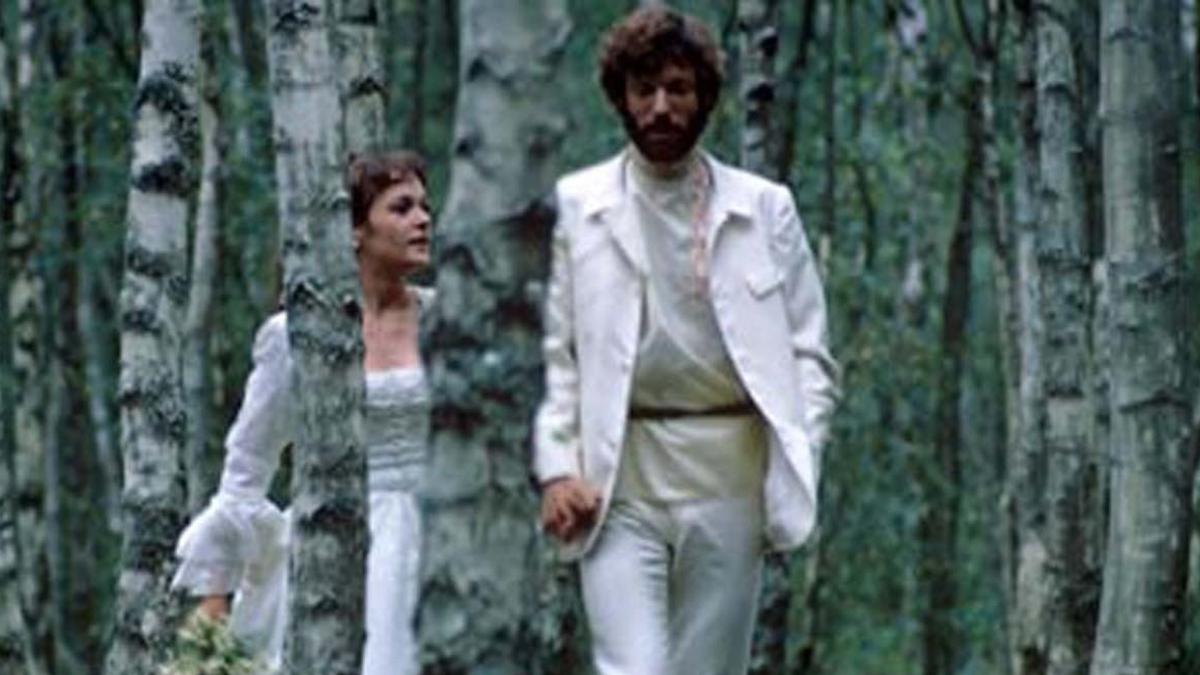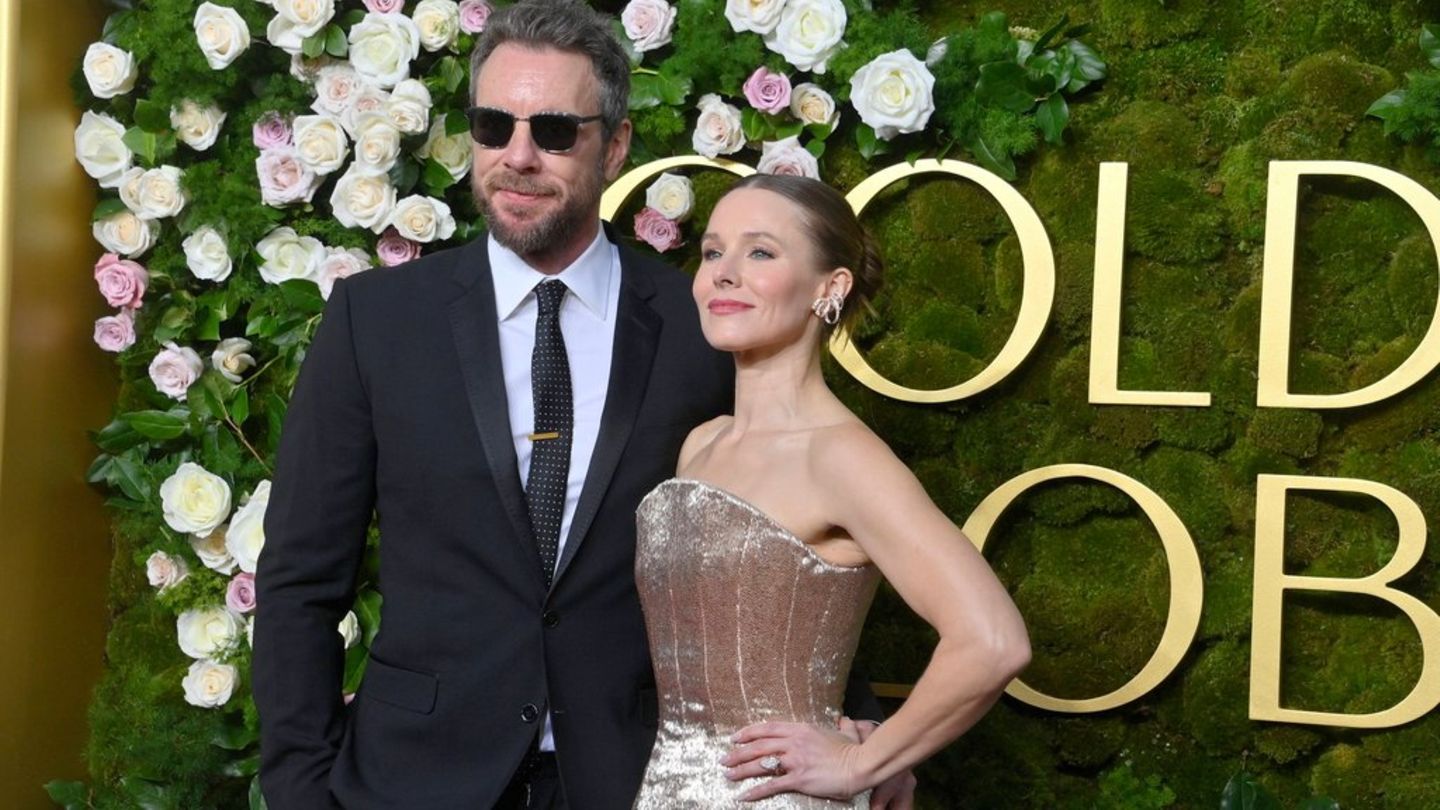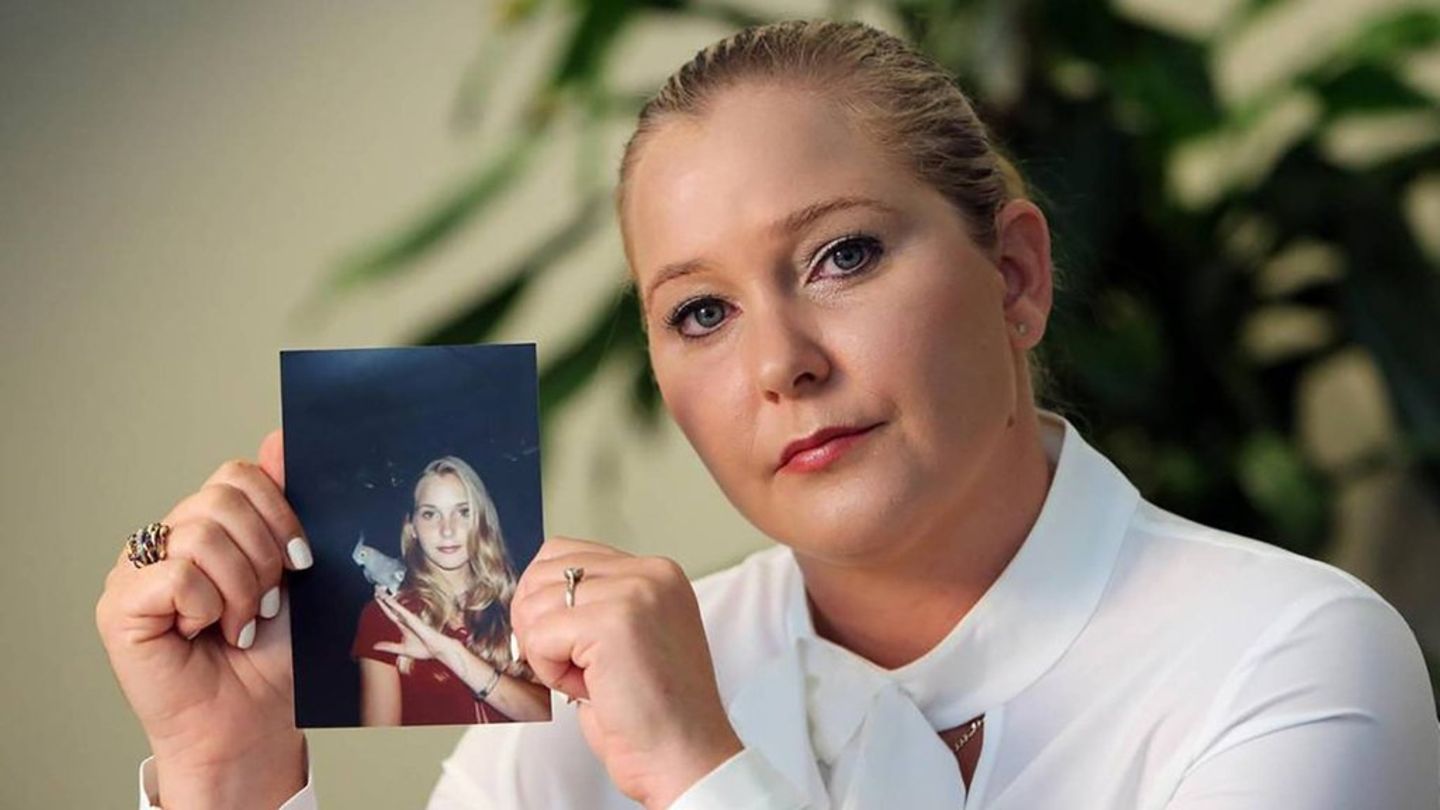On July 18, 1877, the composer Pyotr Ilyich Tchaikovsky married Antonina MiliukovaHe did it not for love or financial gain, but to hide his homosexuality, which in Imperial Russia would have sparked a scandal and threatened his promising career. However, it was the beginning of a road to hell that condemned Antonina and Piotr for the rest of their days.
Although Piotr was a gifted young man in music, he was neither a child prodigy nor a virtuoso; in fact, his parents pushed him to study law in order to become an imperial official. At Piotr’s insistence, his father hired the professor Rudolf Kundinger so that his son could receive piano lessons, provided that he did not abandon his law studies. When Kündinger was asked about his new pupil’s talent, he was not very enthusiastic about his potential as a composer or as a performer.
image.png
During his law studies, Piotr met Alexei Apukhtina promising Russian poet who was called “the new Pushkin”. However, this lover of the good life did not live up to literary expectations, but he was a source of inspiration for some of his friend’s works. Like Pyotr, Alexei also had homosexual inclinations, although while one tried to hide them, the other openly flirted with men.
The heterosexual relationship with Antonina was not the first, since in 1868 Piotr met the Belgian soprano Desiree Artôt, A very well-known singer in her time, they even got engaged. The composer dedicated his Romance () in F minor Op. 5 to her. However, the relationship ended abruptly and Désirée married secretly. Tchaikovsky with a Spanish baritone. Could Artôt have suspected something? However, far from holding a grudge, the musician dedicated several works to her and they maintained a long correspondence.
Even working as a civil servant, Tchaikovsky He enrolled in the Moscow Conservatory, where he received classes from Anton Rubinstein, with whom he maintained a relationship of affection and mutual appreciation, although at times Anton was very critical of his disciple’s musical production, especially his first symphony.
As Piotr’s musical and social life developed, it became increasingly difficult for him to conceal his inclinations. His bond with his servant was much discussed. Alexei Sofronov and his own nephew Vladimir “Bob” DavydovThe publication of letters and biographical notes by his brother Modest confirmed his sexual preferences. However, the artist’s most compromising letters, where he openly declared his homosexuality, were censored by the Soviet government. What is clear is that, whether due to personal doubts or fear of what people would say – which implied social ridicule – he was unable to start an open relationship with a partner.
Piotr did not feel guilty about his condition, but he feared that it would become public knowledge, especially as his prestige grew to the point of becoming the great Russian musician of his time.
In April 1877, his favorite student, Vladimir Shilovskymarried the daughter of an aristocrat. The happiness of the new couple became an illusory image of marital harmony, a circumstance that coincided with Antonia’s insistence on linking up with the musician. Could Piotr agree to a celibate cohabitation relationship?
Antonina Ivanovna Tchaikovsky (1848-1917) was born in Moscow and belonged to a family of fallen nobility. Antonina and Piotr met in the house of Anastasia Khvostovathrough his friend Alexei ApukhtinShe was 16 years old and Piotr was 25. She was fascinated from the first moment, but Tchaikovsky She did not remember this meeting. In order to see him again, Antonina enrolled in the conservatory where Piotr taught and even wrote him letters that he never answered.
Finally, they married after 12 years of knowing each other. She was enchanted by him: “So handsome…. Whose kind eyes melt my heart.” But after six weeks of living together, Tchaikovsky did not want to continue the relationship. Was the marriage consummated? Probably, but Antonina, oblivious to any understanding, did not understand the composer’s amorous reluctance. Without the heart to confront her, Tchaikovsky He sent his brother Anatoly and his friend Rubinstein to explain to his wife why he was leaving for St. Petersburg and that they would not see each other again. They were apparently rather crude in their description of Pyotr’s inclinations, but she did not seem to understand. She continued to drink her tea and simply said: “Whatever my dear Pyotr says is fine.”
Tchaikovsky planned an extensive European tour to put as much distance between himself and the marriage as possible.
In letters to his patron Nadezhda von Meck, the composer described the “terrible experience” of meeting his in-laws, who, he believed, “all want to kill each other.”
On the other hand, Antonina fantasized that this estrangement was a conspiracy by the musician’s family to prevent married life from compromising Piotr’s creative spirit. She believed that his heart “was torn between music and the love he felt for her.”
Each letter she wrote to him became a torture for the composer, who considered committing suicide.
Anatoli tried to convince her to divorce her brother by offering her 10,000 rubles to agree, but even then she did not want to stop being his wife. Tchaikovsky. Piotr did not want to force the situation because he feared that the homosexuality he tried to hide would be revealed by Antonina as revenge.
In 1881, Antonina had a child who was clearly not Piotr’s. He could have pleaded adultery as grounds for divorce, but he felt that forcing her would make things worse. He chose to buy her silence by sending her money, which von Meck generously provided her with to continue her artistic career.
image.png

Antonina had three children by three different men. She did not raise any of them; they were all placed in an orphanage, which in late 19th century Russia was synonymous with a death sentence.
In his extensive correspondence with his brothers and von Meck, Piotr tried to describe Antonina as a monster who tormented him. Only in a letter to his sister Aleksandra did Piotr admit that it was not his fault: “I was not what I was looking for.”
Antonina outlived the composer by 24 years, who died of cholera, although suicide cannot be ruled out, tormented by the possibility that his condition would become public knowledge.
In his will he left a pension to the woman who was, much to his dismay, his wife.
Antonina showed signs of progressive mental deterioration. She tried to take refuge in religion, until she was finally hospitalized with a diagnosis of paranoid delusion.
He died of pneumonia in 1917 when the Tsarist regime was coming to an end, but the music of Tchaikovsky was a success all over the world.
This unhappy relationship remained hidden during the Soviet era even though Antonina had written her memoirs before she died.
In the beautiful movie of Igor Talankinfrom 1970, there is hardly any mention of this unfortunate relationship, which it does exalt Ken Russell in his 1971 film “The Music Lovers.”
The theme has returned to the screen in the version of Kirill Serebrennikovalthough this time seen from the perspective of this hypolucid and unbalanced young woman who loved a man she considered a genius even though he despised her in this long story of hypocrisy, incomprehension and madness.
Source: Ambito
David William is a talented author who has made a name for himself in the world of writing. He is a professional author who writes on a wide range of topics, from general interest to opinion news. David is currently working as a writer at 24 hours worlds where he brings his unique perspective and in-depth research to his articles, making them both informative and engaging.




